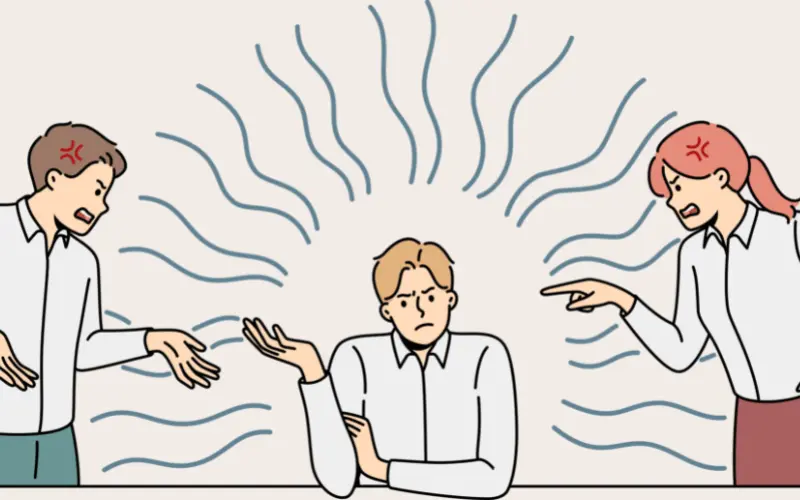For kids with ADHD, the school can be a difficult experience. Students are often recognized after exhibiting a pattern of inability to grasp or follow rules or finish needed activities. Frequent classroom disturbances and low academic achievement are other significant causes for a referral. According to studies, kids with ADHD experienced chronic academic challenges, which resulted in poorer average grades, more failing grades, more expulsions, higher dropout rates, and a lower rate of college undergraduate completion as compared to those without ADHD.
The basic symptoms of ADHD—inattention, hyperactivity, and impulsivity—make it difficult to keep up with the demands of school. Missing crucial information in assignments, daydreaming during lectures and other activities, and trouble structuring tasks can all be caused by problems sustaining attention to a subject. Hyperactivity might manifest itself in the classroom through verbal or physical disturbances.
If a kid has a pattern of disruptive or violent conduct, best practice research suggests that a positive behavioral intervention plan with clearly defined objectives and positive supports may be beneficial. The development of an effective plan should be a collaborative effort that includes the parents and other people who are best familiar with the child.
The following are some techniques that may be beneficial to parents and teachers who are dealing with a kid who has ADHD.
Tips for Home
While caring for children with ADHD might be difficult, it’s vital to realize that these children can learn. Parents need to realize that some of their kid’s disruptive conduct is a symptom of their condition and that the difficulty is figuring out how to help them help their child modify the improper behavior. Remember to emphasize the significance of developing self-control and self-regulation by focusing on the need for structure and regularity in your child’s daily schedule.
Here are some recommendations for parents:
-
Distinctive reinforcements and punishments for acceptable and bad behavior are the focus:
- Rewards and sweets that are tangible
- For a successful week at school, have a movie night
-
Make a routine and stick to it. If there is already a system in place, bedtime and school preparation are considerably easier.
-
Keep a physical reminder:
-
To keep track of homework, use an assignment pad and a dedicated folder to place completed work in.
-
Before communicating with the youngster, get the child’s attention. For very vital items, have the kid repeat back directions.
-
-
The following should be avoided:
-
Patterns of improper behavior that are reinforced by inadequate punishment
-
Consequences are given without notice or without the kid knowing why they are being given, and Inconsistent responses to improper conduct.
-
Tips for School
In the classroom, a kid with ADHD might offer particular problems. Teachers may help children with ADHD enhance their school experience and reduce the symptoms by assisting them with inattention, hyperactivity, or impulsivity. Teachers must be aware of coexisting problems, such as learning impairments, and emphasize the significance of classroom and instructional structure.
Here are some suggestions for teachers:
- Early in the day, work on the most challenging subjects.
- Focus on one assignment at a time.
- To optimize the student’s attention, vary the speed and type of exercise.
- Construct the student’s surroundings to meet his or her unique requirements.
Effective communication between family and school has been demonstrated to be critical for a child’s success in studies. It provides structure in the two places where the child spends the majority of his or her time. Parents and teachers can work together to develop techniques, language, and rewards that will help the kid maintain consistency.











